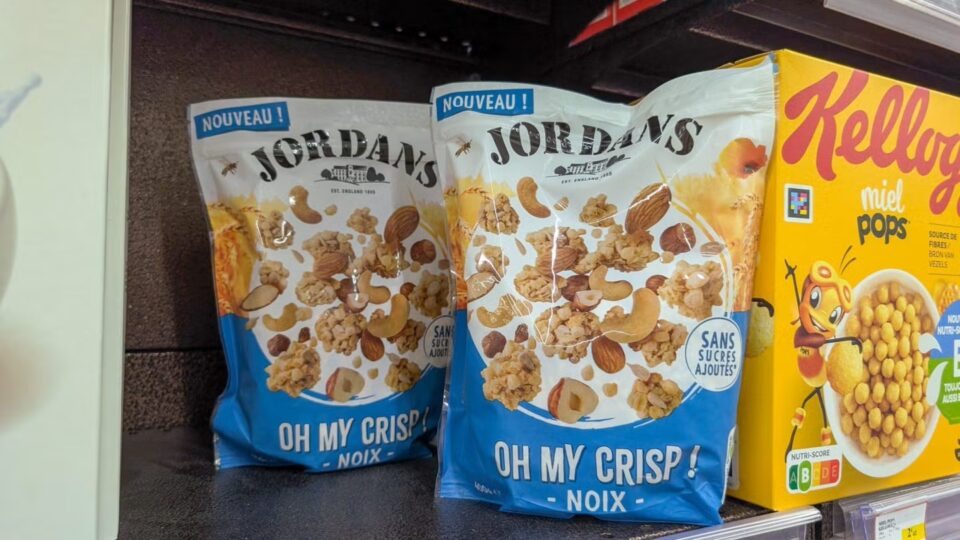ABF noted, “Although no decision has been taken, the outcome of this review may lead the board to consider a separation of the Primark and Food businesses.” This review is being conducted in consultation with ABF’s largest shareholder, Wittington Investments, which remains committed to maintaining majority ownership of both divisions.
ABF’s food segment encompasses its grocery, ingredients, agriculture, and sugar business units. Notably, its grocery division features renowned food brands such as Blue Dragon cooking sauces, Mazola cooking oil, and Twinings tea.
CEO George Weston stated, “Within ABF, we have two great businesses, yet one strong culture of long-term value creation driven by the dedication and excellence of our people.”
Weston further remarked, “Our unique and exceptional food business has historically been less understood by financial markets than Primark, yet it boasts a highly attractive portfolio, deep global expertise, and substantial potential.”
“Primark possesses an incredibly strong international brand, a powerful customer proposition, and substantial growth opportunities.”
The review was announced alongside ABF’s financial results for the year ending on 13 September. The company reported a 3% decrease in revenue, totaling £19.46bn ($25.43bn), with a 1% decline on a constant-currency basis. Retail growth was offset by declining sales from the sugar division, although ABF’s retail sales rose by 1%, reaching £9.5bn.
Within the grocery segment, ABF’s global brands experienced “good sales growth.” However, this growth was counterbalanced by challenges faced by the company’s Allied Bakeries in the UK and its US oils business.
In August, ABF announced it will acquire the Hovis bread business from the UK-based private-equity firm Endless.
Total operating profit decreased by 23% to £1.5bn. Adjusted operating profit fell by 13% in actual currency and by 12% in constant-currency terms, attributed to reduced earnings from the sugar division.
Chairman Michael McLintock emphasized, “Given Primark’s current scale and the need for enhanced understanding of our food businesses, the board is conducting a comprehensive review to determine whether separating the Primark and food businesses would present a better structure moving forward.”
Looking toward the 2025/2026 financial year, ABF anticipates that its international grocery brands will achieve “good growth in sales and profit,” boosted by investments in marketing and product innovation. However, the company expects growth to be tempered by lower volumes and profits from its US oils operations, resulting in profits for next year likely remaining “around the same level as 2025.”
Weston added, “Looking ahead, we are confident in the group outlook for 2026, although much depends on the unpredictable consumer environment at present.”
“Our strong balance sheet supports disciplined investment as we continue building brands and businesses aimed at achieving long-term growth.”
In a client note issued on 4 November, Barclays analysts characterized ABF’s potential structural split as “a positive surprise,” signaling that the organization intends to bring its food and ingredients division “out of the shadows.”
They noted that ABF does have promising aspects in its food sector, particularly within grocery, asserting that “Ovaltine/Twinings is a jewel that compares favorably with top food assets.”
However, they cautioned that ABF’s UK bread, Spanish sugar, and Australian grocery segments have adversely affected perceptions of the entire non-Primark portfolio.
Debating possible changes in management should the split occur, Barclays analysts speculated that CEO George Weston might take the helm of the food division, thus allowing room for a new leader to head Primark.




